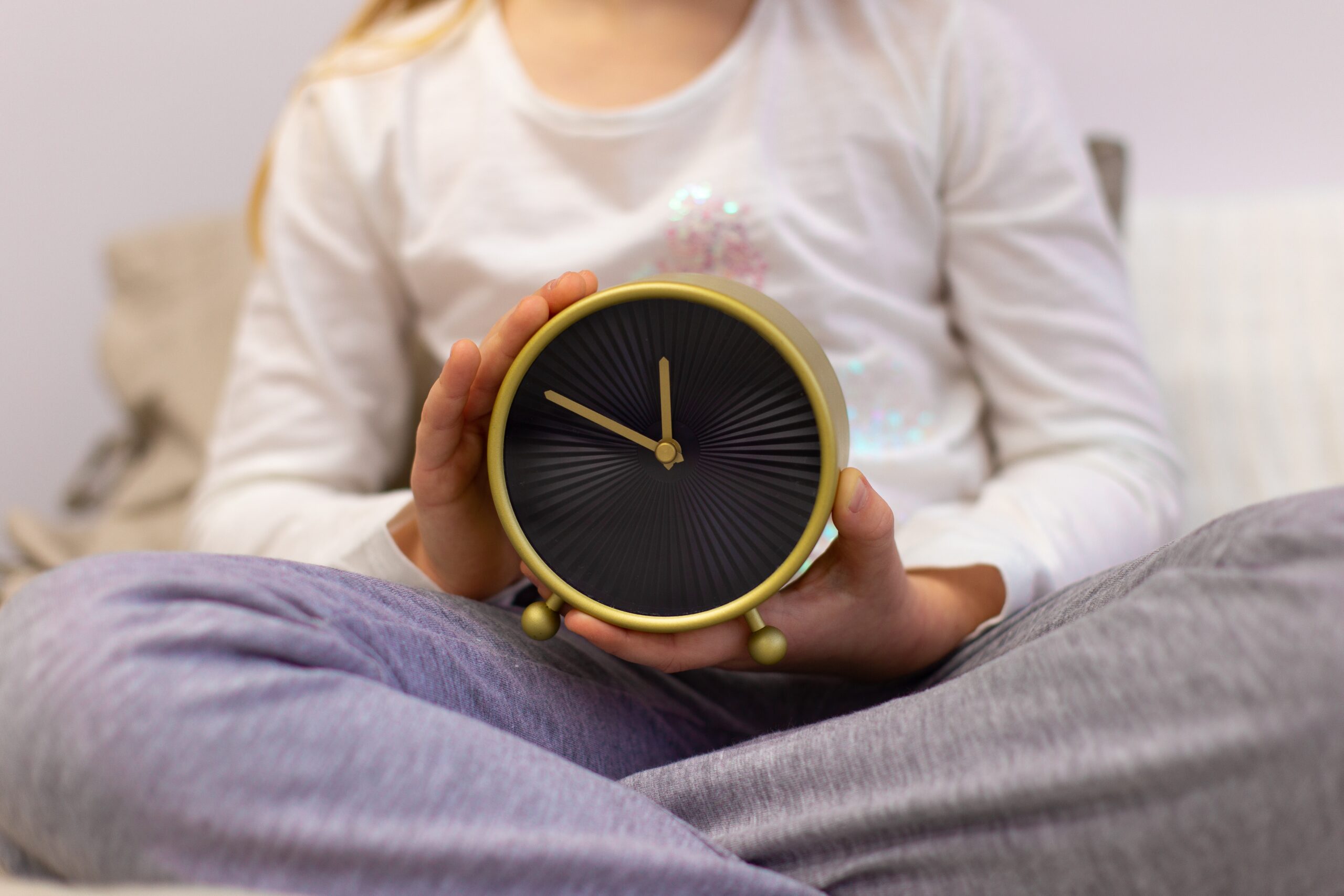In today’s digital age, the influence of technology on our lives is undeniable. From smartphones to smartwatches, these gadgets have become an integral part of our daily routines. With an increasing focus on health and wellness, it’s no surprise that fitness watches are making their way into the hands of not just adults, but also children. The question that arises is: Does your child really need a fitness watch? Let’s explore the pros and cons to help you make an informed decision.
The Pros:
- Promotes Physical Activity: One of the major benefits of a fitness watch for kids is its ability to encourage physical activity. These devices often come equipped with step trackers, encouraging children to meet daily step goals. This can be particularly useful in a time when sedentary behaviors are on the rise due to increased screen time.
- Educational Value: Fitness watches can teach children about the importance of staying active and leading a healthy lifestyle. By showing them their activity levels and the effects of exercise, these devices can promote self-awareness and the importance of regular movement.
- Goal Setting and Achievement: Setting and achieving goals is a valuable life skill. Fitness watches allow kids to set achievable goals for steps, active minutes, or other metrics. When they meet these goals, it can boost their confidence and sense of accomplishment.
- Family Engagement: Many fitness watches offer family features that allow parents to sync their devices with their child’s watch. This can create a sense of connection and accountability, as families can engage in friendly competitions or joint activities.
- Monitoring Sleep Patterns: Sleep is crucial for a child’s development and overall health. Some fitness watches offer sleep tracking features that can help parents ensure their children are getting adequate rest.
The Cons:
- Excessive Focus on Metrics: While goal setting is beneficial, too much emphasis on metrics can lead to unhealthy fixation. Children might become overly concerned about achieving certain numbers, potentially fostering an unhealthy relationship with exercise.
- Privacy and Data Concerns: Many fitness watches collect personal data, and parents should be cautious about how this information is stored and used. Privacy concerns can arise when children’s data is shared or sold without parental consent.
- Physical Discomfort: Some children may find wearing a watch uncomfortable, especially during physical activities or while sleeping. This discomfort could discourage them from using the device consistently.
- Screen Time: Introducing another screen into a child’s life might exacerbate screen time-related issues. If not used mindfully, a fitness watch could contribute to more sedentary behaviors.
- Expensive Investment: Quality fitness watches can be relatively expensive. Considering that children’s interests can change quickly, investing in such a device might not provide long-term value.
Making the Decision:
When considering whether your child needs a fitness watch, it’s essential to weigh the pros and cons against your family’s values and lifestyle. If you decide to proceed, establish clear guidelines about device usage and monitor your child’s interaction with the device to ensure it remains a positive influence.
Encouraging a balanced approach to physical activity and technology is key. Instead of solely relying on a fitness watch, involve your child in various outdoor and indoor activities. Encourage team sports, creative play, and family outings to foster a holistic understanding of health and wellness.
The decision to provide your child with a fitness watch is a personal one. While these devices can have positive effects on physical activity and awareness, they also come with potential downsides. By carefully evaluating your child’s needs and considering alternatives, you can make an informed choice that supports their overall well-being in the digital age.




